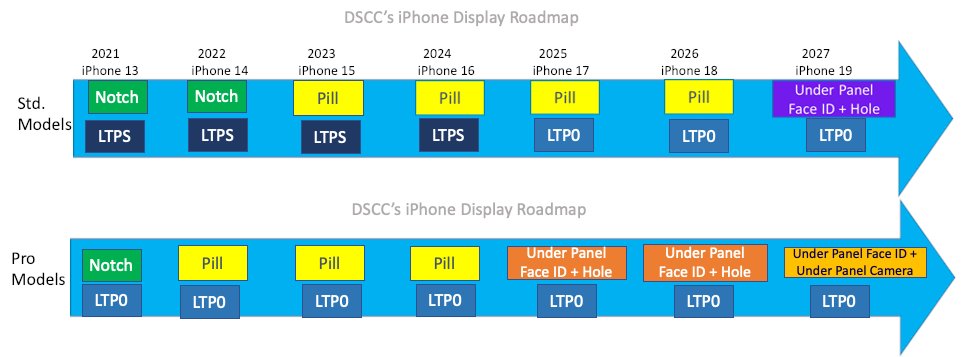Affiliate links on Android Authority may earn us a commission. Learn more.
Apple iPhone 17 rumors: Everything we know so far about Apple's next flagships
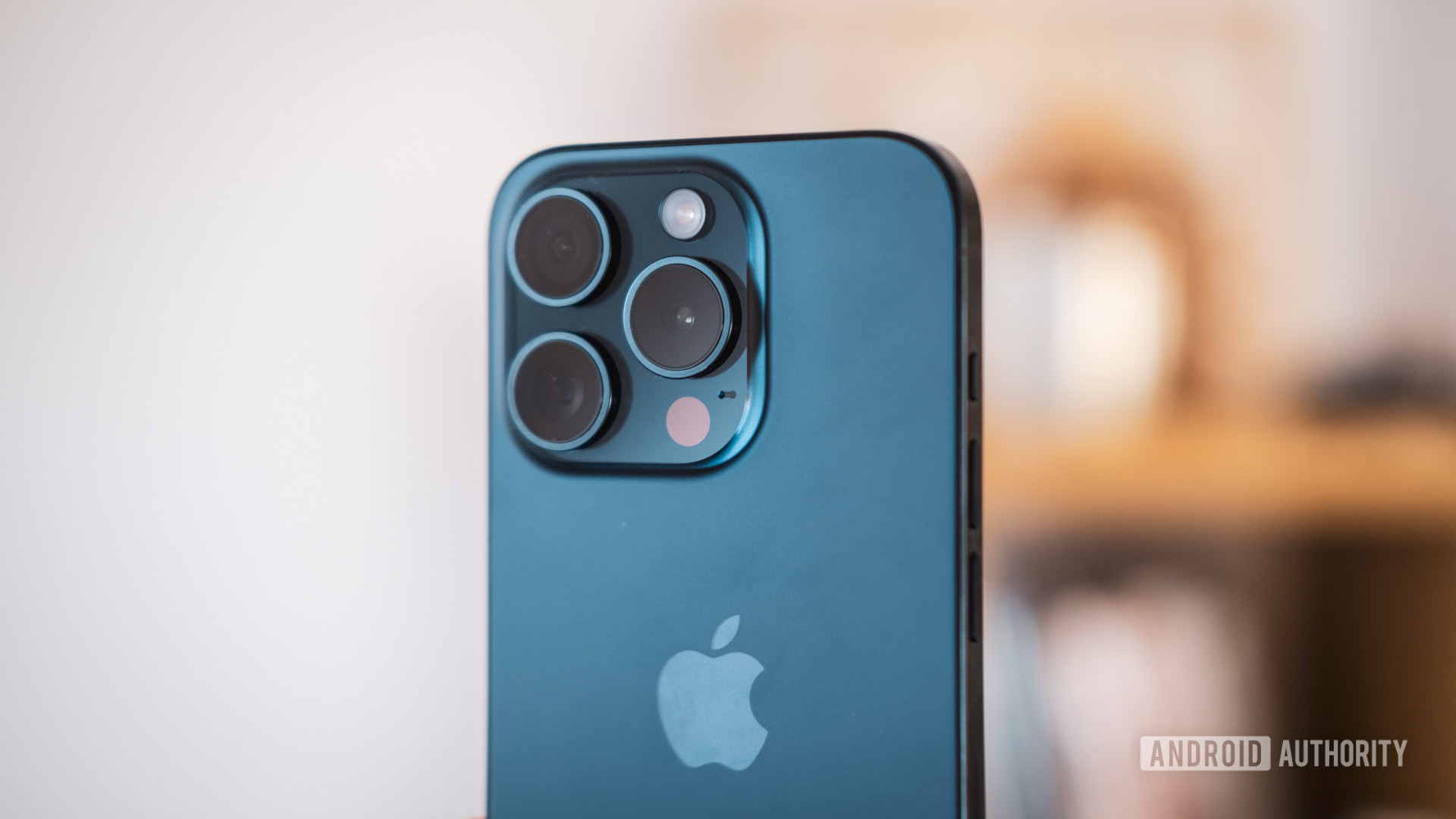
The iPhone 16 series is here, and Apple is packing a stronger punch than ever before. While the phones don’t have any drastic changes, the numerous smaller changes more than make up for a refreshed experience. The iPhone 16 series makes for a strong argument against competitors like the Pixel 9 series and the Galaxy S24 series. However, if you would rather hold onto your working iPhone for another year, there are plenty of rumors already of what the iPhone 17 series might bring to the table in 2025. Here are all the iPhone 17 rumors and leaks, alongside a wishlist for what we’d like to see in the iPhone 17.
Apple iPhone 17 series: At a glance
- When is it expected to come out? The iPhone 17 series is expected to come out in September 2025.
- What new features could there be? The iPhone 17 could finally get a 120Hz refresh rate display.
- How much might it cost? If Apple maintains its current prices, the iPhone 17 could start at $799 (carrier) and $829 unlocked.
Will there be an iPhone 17?
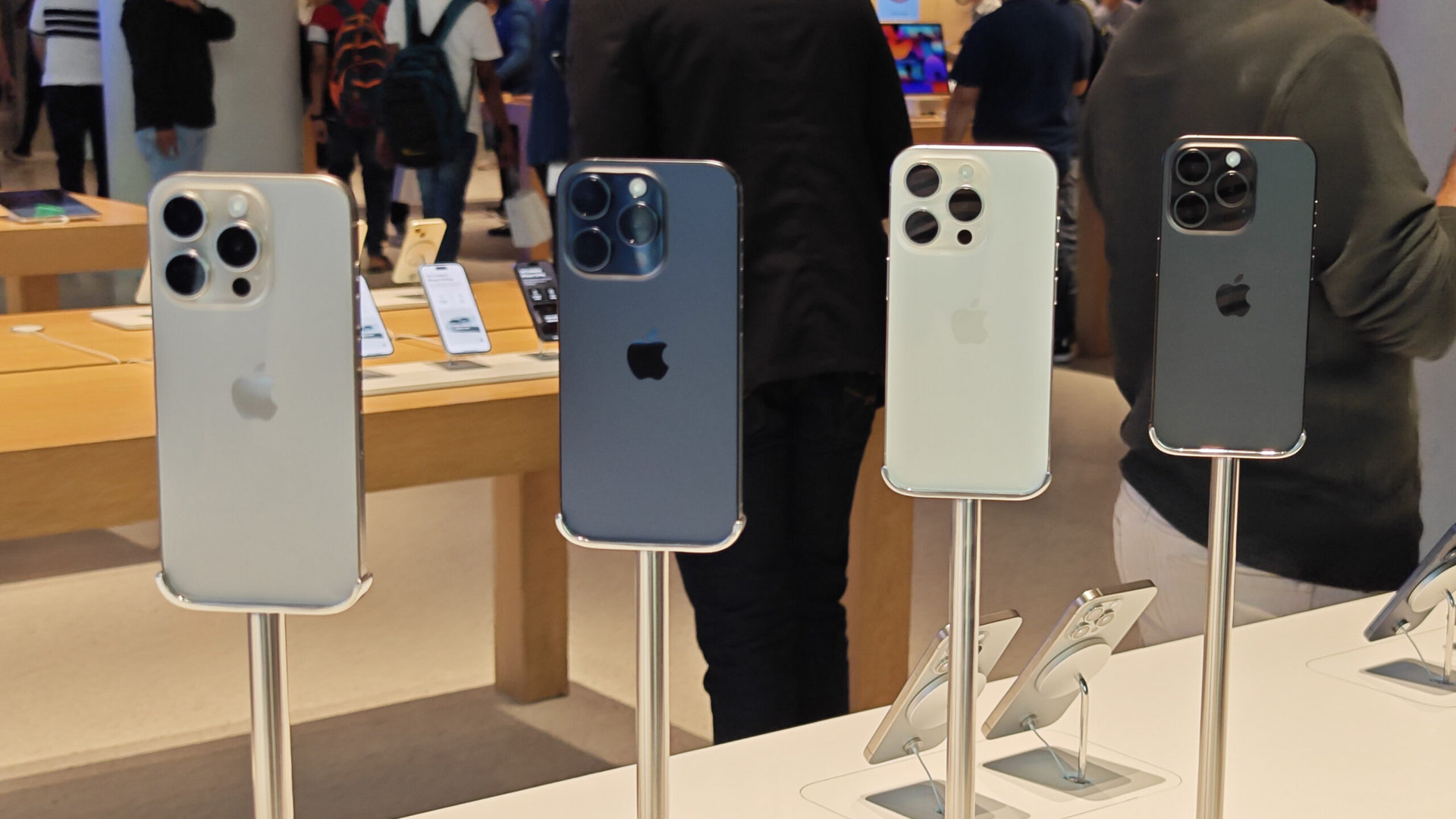
The iPhone is the most popular smartphone lineup in the world, and that doesn’t look like it’s going to be changing any time soon. While Apple hasn’t confirmed that it will launch an iPhone 17, you can practically presume that to happen anyway. Recent iPhone lineups, including the iPhone 12, 13, 14, 15, and even the newest iPhone 16, have been very well received by Apple fans. So there’s absolutely no reason for Apple to scrap one of its biggest revenue drivers.
So, yes, there very likely will be an iPhone 17.
What is the most likely iPhone 17 release date?
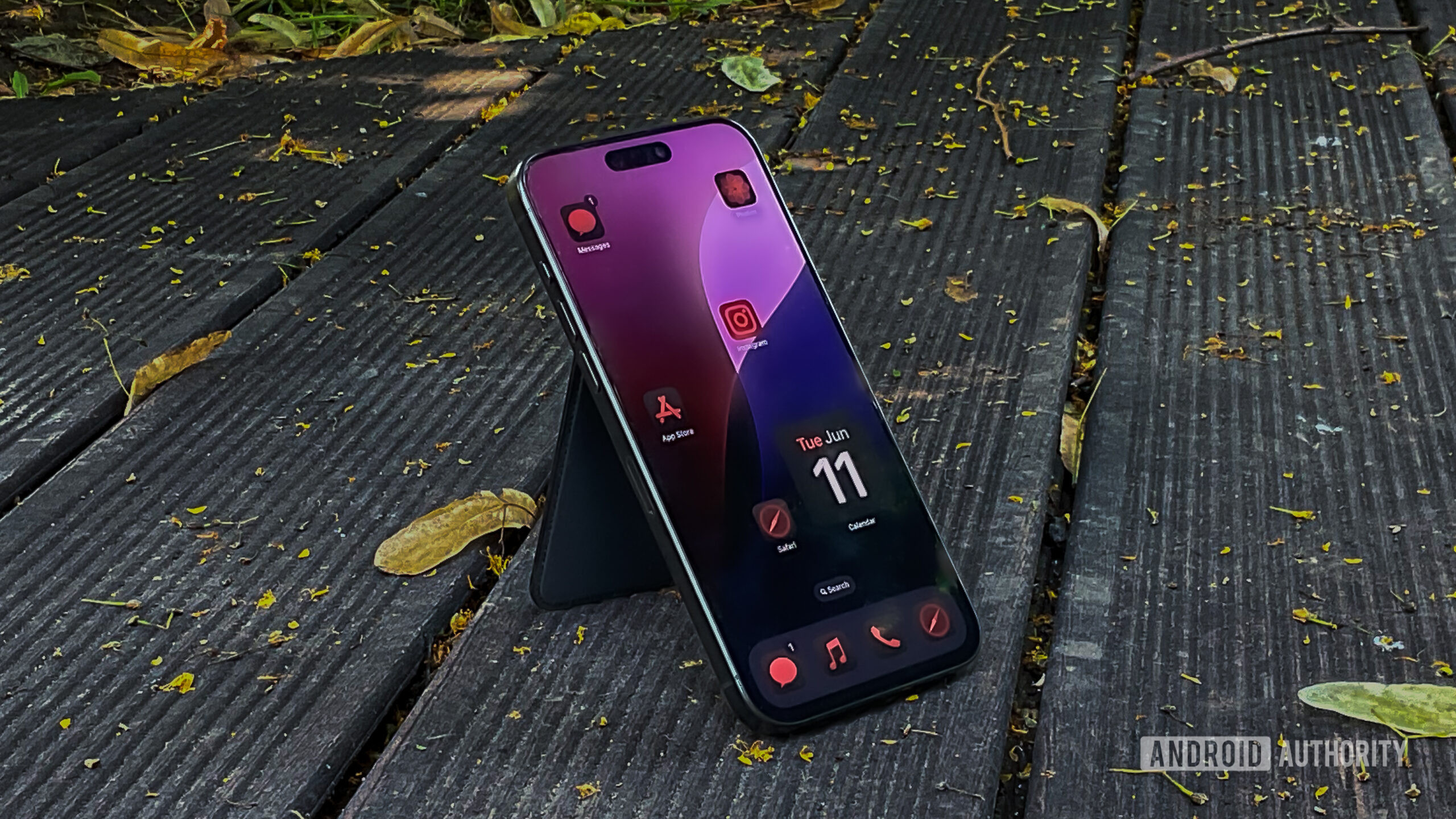
- iPhone 16 series — September 9, 2024
- iPhone 15 series — September 12, 2023
- iPhone 14 series — September 7, 2022
Apple usually announces the newest iPhones every year in early September. The phones go on pre-order on the ensuing Friday, and open sales usually begin a week after that.
We don’t expect Apple to break its routine with the iPhone 17 series. Consequently, we expect the early September 2025 launch date will coincide with open sales in the second half of the month. Apple has not yet announced any exact dates for its plans, but if we are allowed to speculate, we expect the iPhone 17 to be announced on September 8 or September 9, 2025.
What rumored specs and features could the iPhone 17 have?
Processor, computing, and networking: Apple’s own modem dream
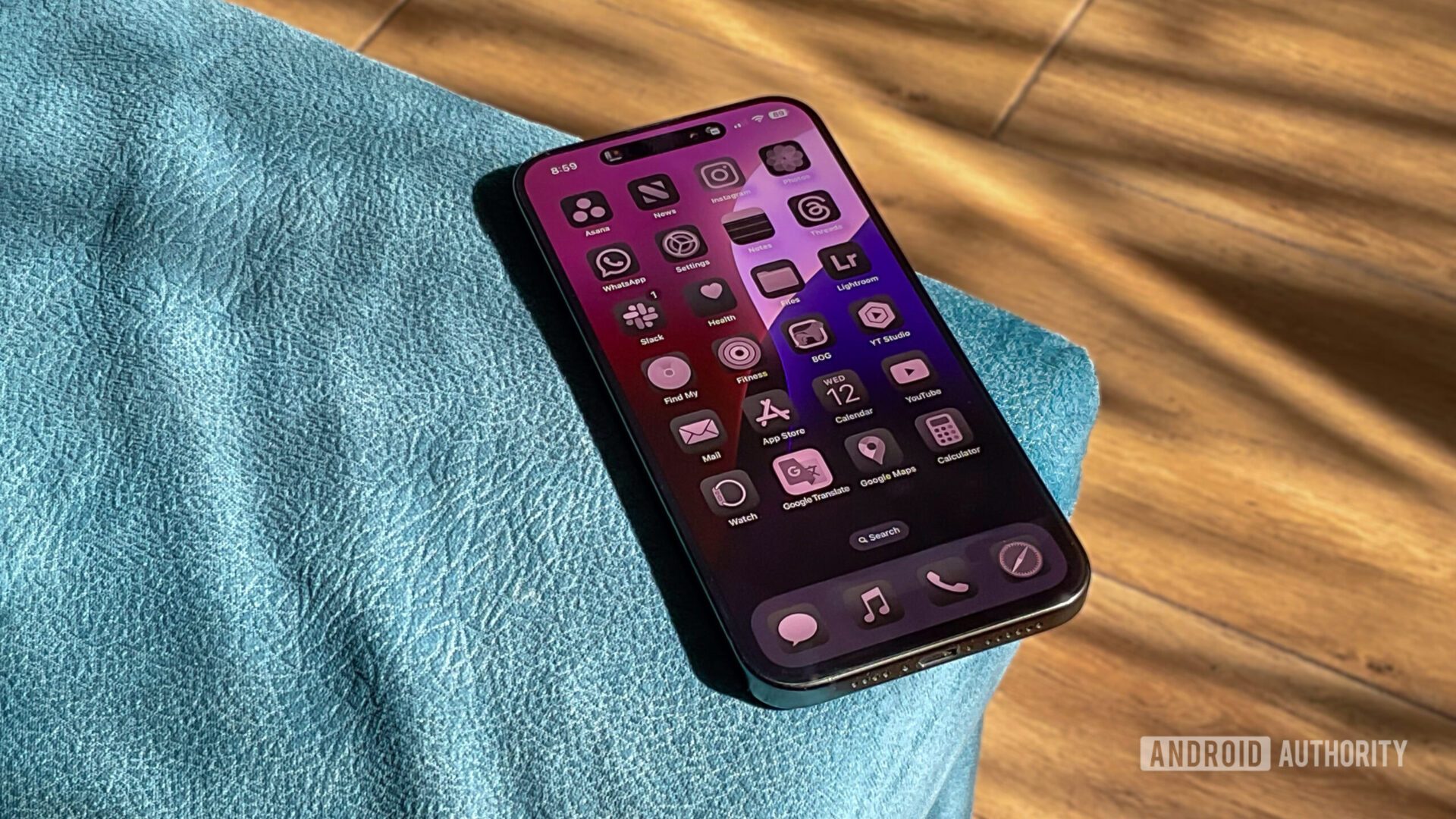
One of the earliest rumors for the iPhone 17 comes from supply chain analyst and Apple expert Ming-Chi Kuo, who suggests that Apple could be planning to use its own 5G modem chips by 2025. The iPhones expected in 2025 are the iPhone SE 4 in the early half of the year and then the iPhone 17 series in the second half. Any or none of these phones could come with Apple’s own modem chip, but if this leak does pan out, it’s likely that Apple starts with the iPhone SE 4. Another leak by Ming-Chi Kuo in July 2024 indicates that Apple could decide to pack its own modem in the iPhone SE 4, as well as the iPhone 17 Air.
Analyst Jeff Pu mentions in an investor note the iPhone 17 lineup could see the following specs:
- iPhone 17 and iPhone 17 Air:
- 8GB RAM
- A18 or A19 chip
- iPhone 17 Pro and iPhone 17 Pro Max:
- 12GB RAM
- A19 Pro chip
However, Ming-Chi Kuo mentions that the processor on the iPhone 17 Air could be the A19 chip. Kuo also alleges that only the iPhone 17 Pro Max could be upgraded to 12GB RAM, while the other three phones could stick to 8GB RAM.
Back in January 2023, Mark Gurman mentioned that Apple planned to transition away from using Broadcom’s wireless components in 2025. For this, the company was working on its own Wi-Fi and Bluetooth chip, but then Kuo mentioned at the time that development had been halted (and that this was only a Wi-Fi chip and not a Wi-Fi and Bluetooth chip). Jeff Pu mentioned in December 2023 that the iPhone 17 Pro models will come with an Apple-designed Wi-Fi 7 chip. It’s important to note that the iPhone 16 Pro lineup has already upgraded to Wi-Fi 7, though it’s not clear if this is an Apple-designed chip.
Design and lineup: Plus is out, iPhone 17 Air is in
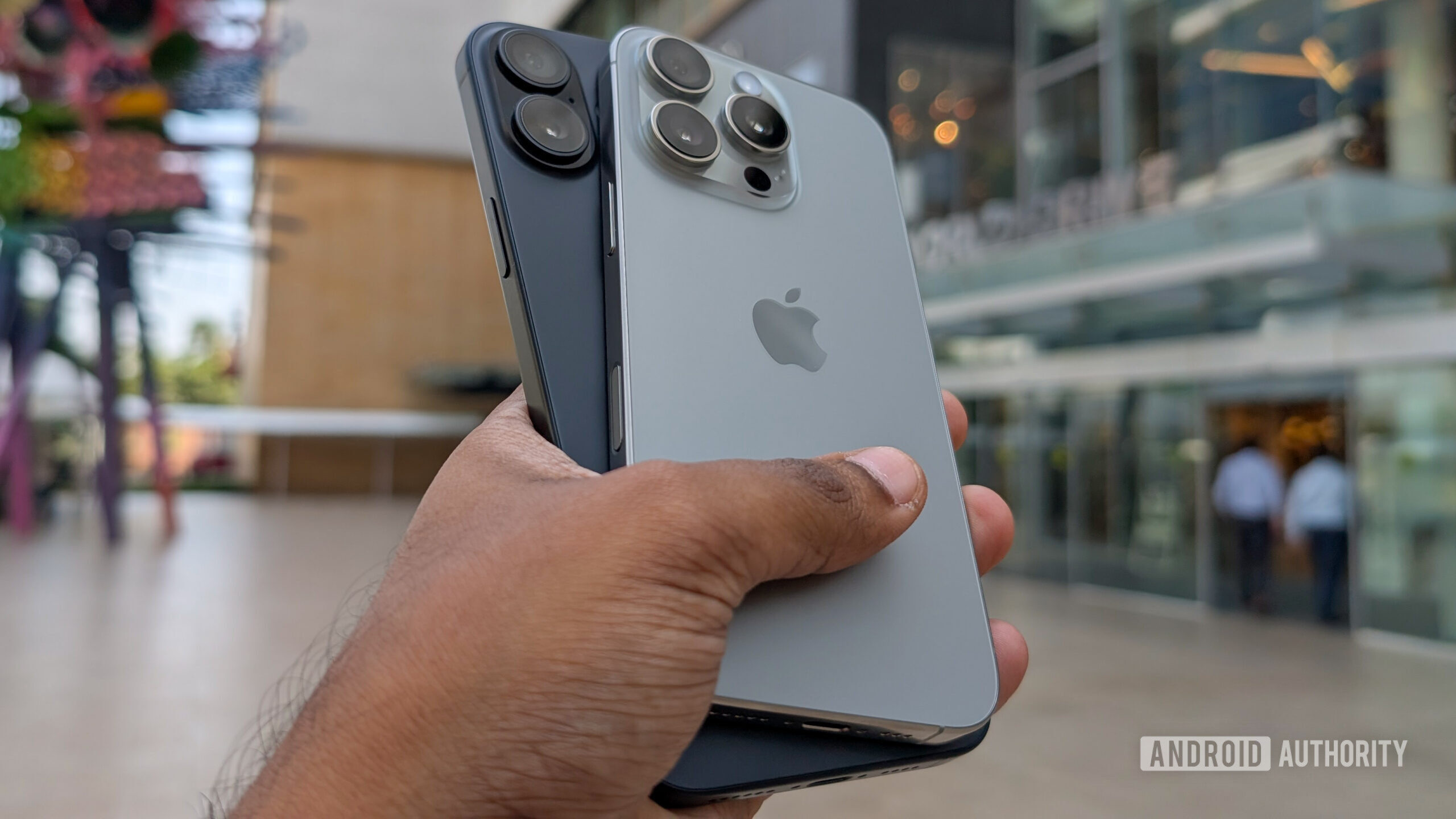
Analyst Jeff Pu mentions that the iPhone 17 lineup could see a shake-up. This is what the lineup could look like:
- iPhone 17
- iPhone 17 Air
- iPhone 17 Pro
- iPhone 17 Pro Max
Pu also mentions that only the Pro Max may have a titanium body. It could also feature a narrowed Dynamic Island made possible by a new “metalens” technology for the proximity sensor, which will help the company dramatically reduce the size of the Face ID sensor.
The other three phones may feature an aluminum design that is “more complex” but will feature the same Dynamic Island.
A report from The Information disagrees, however, claiming that both the Pro and Pro Max may adopt aluminum. The frame for these high-end iPhones is also said to be lighter and more eco-friendly. Additionally, Apple may replace the squircle-shaped, 3D glass rear camera bump with a larger rectangle made of aluminum. Meanwhile, the back of the iPhone 17 Pro and Pro Max is expected to remain glass for the sake of wireless charging.
Display supply chain analyst Ross Young corroborates that the iPhone 17 lineup could replace the “Plus” model with a new model that will offer a “slim” design. It will also feature a “smaller” display than the current Plus model (6.7-inch), which lines up with the 6.6-inch display rumor for the iPhone 17 Air from Pu. However, Young also mentions that the iPhone 17 Pro and Pro Max will feature an under-panel Face ID along with a “hole,” while the iPhone 17 standard models will switch to an LTPO 120Hz display.
Mark Gurman‘s sources also believe that Apple is focusing on a “significantly thinner” phone for 2025. This reportedly will be part of a wider effort to slim down the MacBook Pro and the Apple Watch. Apple apparently intends to make these devices the thinnest and lightest in their categories across the industry. Gurman also mentions that the idea is to create an iPhone 17 Air.
However, Kuo‘s more recent July 2024 report mentions that Apple will not use RCC (resin-coasted copper) material for the iPhone motherboard for the iPhone 17, as it couldn’t meet the company’s high-quality requirements. This shift to RCC could have cut down on internal space requirements, allowing for potentially slimmer designs or even larger batteries.
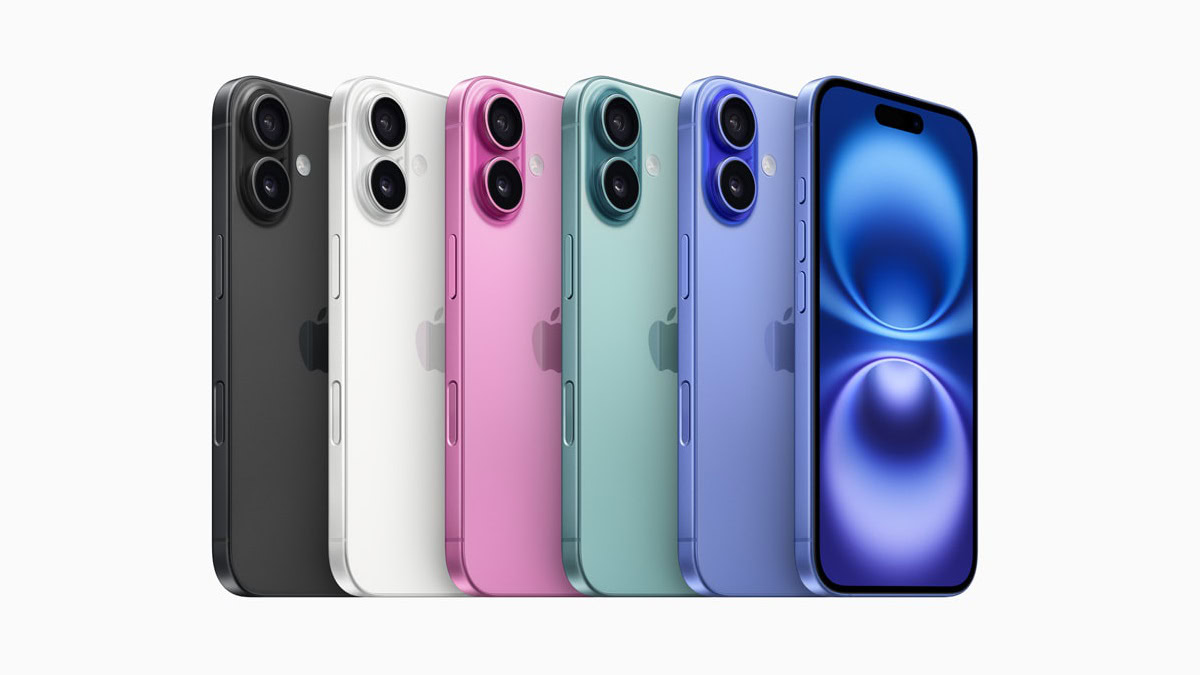
Per Kuo, the reason for reducing the Plus variant is that, as of July 2024, it accounted for only about 5-10% of total new iPhone shipments, which makes it rather redundant. Even more recently, such as with the iPhone 16 series, even though the iPhone 16 Plus’s first-weekend sales have been up YoY, as per Kuo, its impact on total iPhone shipments is limited.
Kuo mentions that the “ultra-slim” model is not positioned to replace the Plus, despite what other reports have said. Instead, Apple will use it to explore new design trends beyond the existing iPhone lineup. This iPhone will emphasize innovative form factor design rather than competing on hardware specifications.
Kuo does mention a contradicting spec for the iPhone 17 Air, saying that it could adopt a titanium-aluminum alloy metal frame with a lower percentage of titanium than current Pro and Pro Max metal frames. The other iPhone 17 models will use aluminum metal frames, which seems to refer to the Pro lineup as well.
Additionally, Kuo says that only the iPhone 17 Pro Max is expected to come with an upgraded cooling system, combining vapor chamber technology with the more conventional graphite sheets. The other phones in the iPhone 17 series are said to stick to just graphite sheets for their cooling needs.
Apple could potentially make some compromises with the iPhone 17 Air as the company is reportedly having difficulty with the form factor. Sources close to the matter say that the slim iPhone is so thin that engineers are having trouble fitting in a physical SIM card tray, the battery, and thermal materials. It’s also said that due to the lack of room, the device may only feature a single speaker in the earpiece and a single camera lens.
Display: The iPhone 17 could finally jump to 60Hz
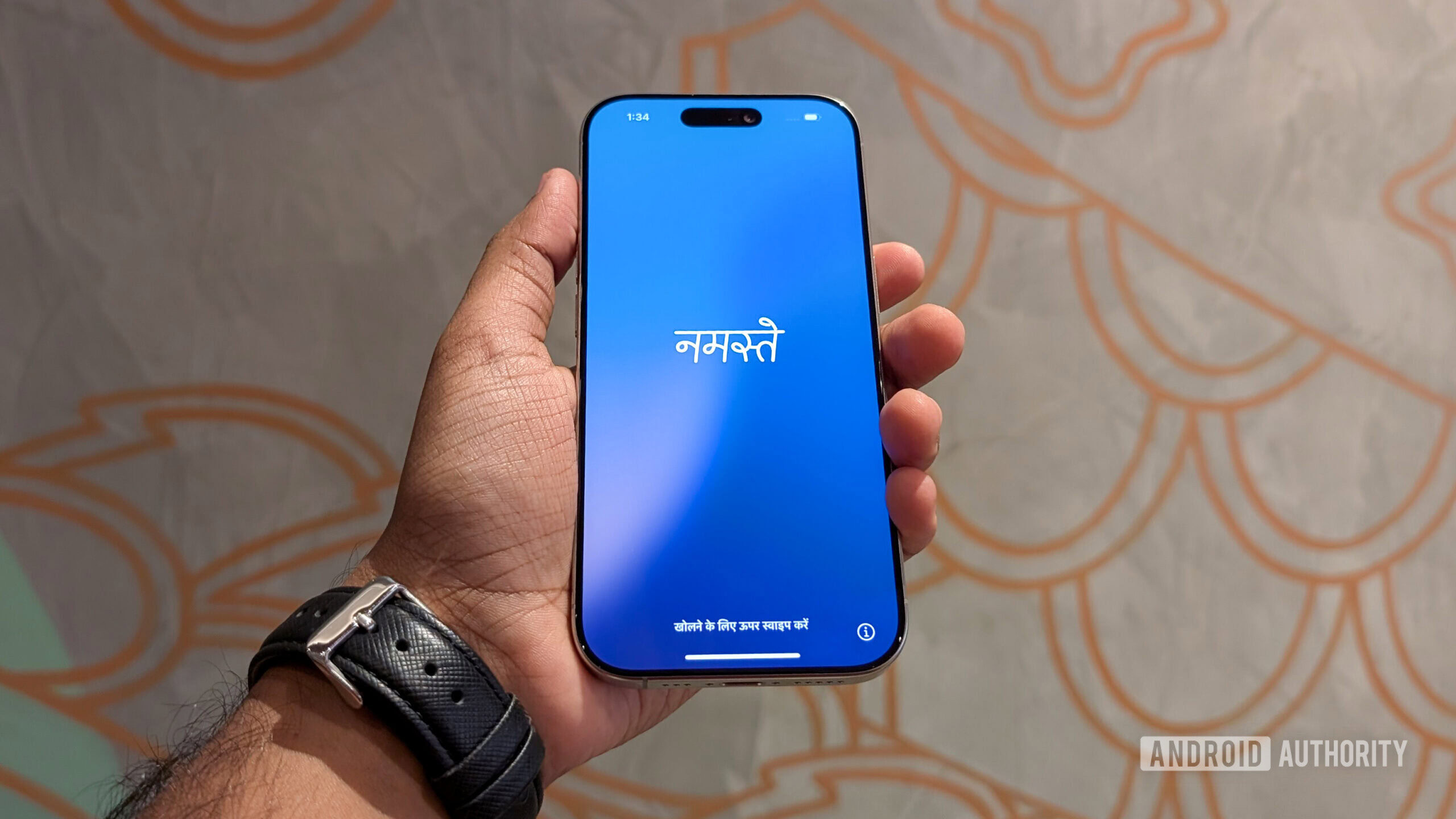
A report from The Elec from February 2024 suggests that Apple is likely to equip all four models in the iPhone 17 series with LTPO OLED models. This would be a shift from the current LTPS tech used in the iPhone 16 and 16 Plus, while the iPhone 16 Pro and Pro Max use ProMotion (which is Apple’s marketing term for 120Hz variable refresh rate on an LTPO OLED display).
Thanks to this rumored jump to an LTPO OLED, the entire iPhone 17 line could come with an Always-On Display, ending the exclusivity from the Pro models.
Ross Young further backed up this rumor by also claiming the non-pro models could offer a 120Hz display. This includes the base device and the rumored Air model.
The report from The Elec suggests that Chinese supplier BOE is in the race for supplying these LTPO panels, but Apple also has the option to turn to Samsung and LG Display for these panels.
Beyond the refresh rate, leaker Instant Digital on Weibo claims that Apple has bought specialized display coating equipment from Japan and handed it over to China’s iPhone supply chain. The iPhone is consequently said to get a “super-hard anti-reflective” display that is “more scratch-resistant than you think.”
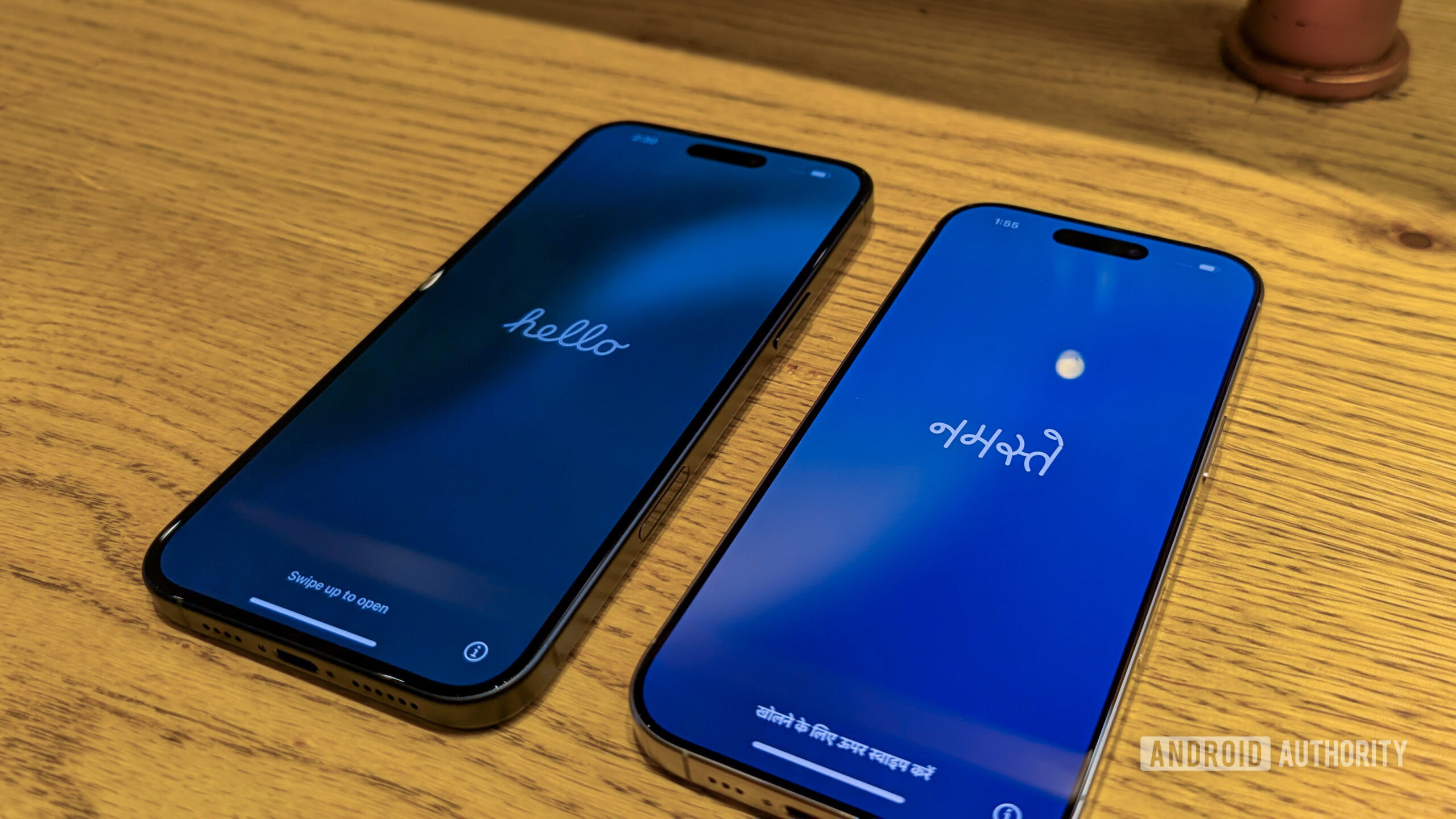
Analyst Jeff Pu mentions that the iPhone 17 lineup’s display diagonals could be as follows:
- iPhone 17: 6.1-inch display
- iPhone 17 Air: 6.6-inch display
- iPhone 17 Pro: 6.3-inch display
- iPhone 17 Pro Max: 6.9-inch display
Ming-Chi Kuo affirms the display diagonal of the “ultra-thin” iPhone 17 (aka the Air), mentioning that its 6.6-inch display could have a screen resolution of 2,740 x 1,260 pixels.
Cameras
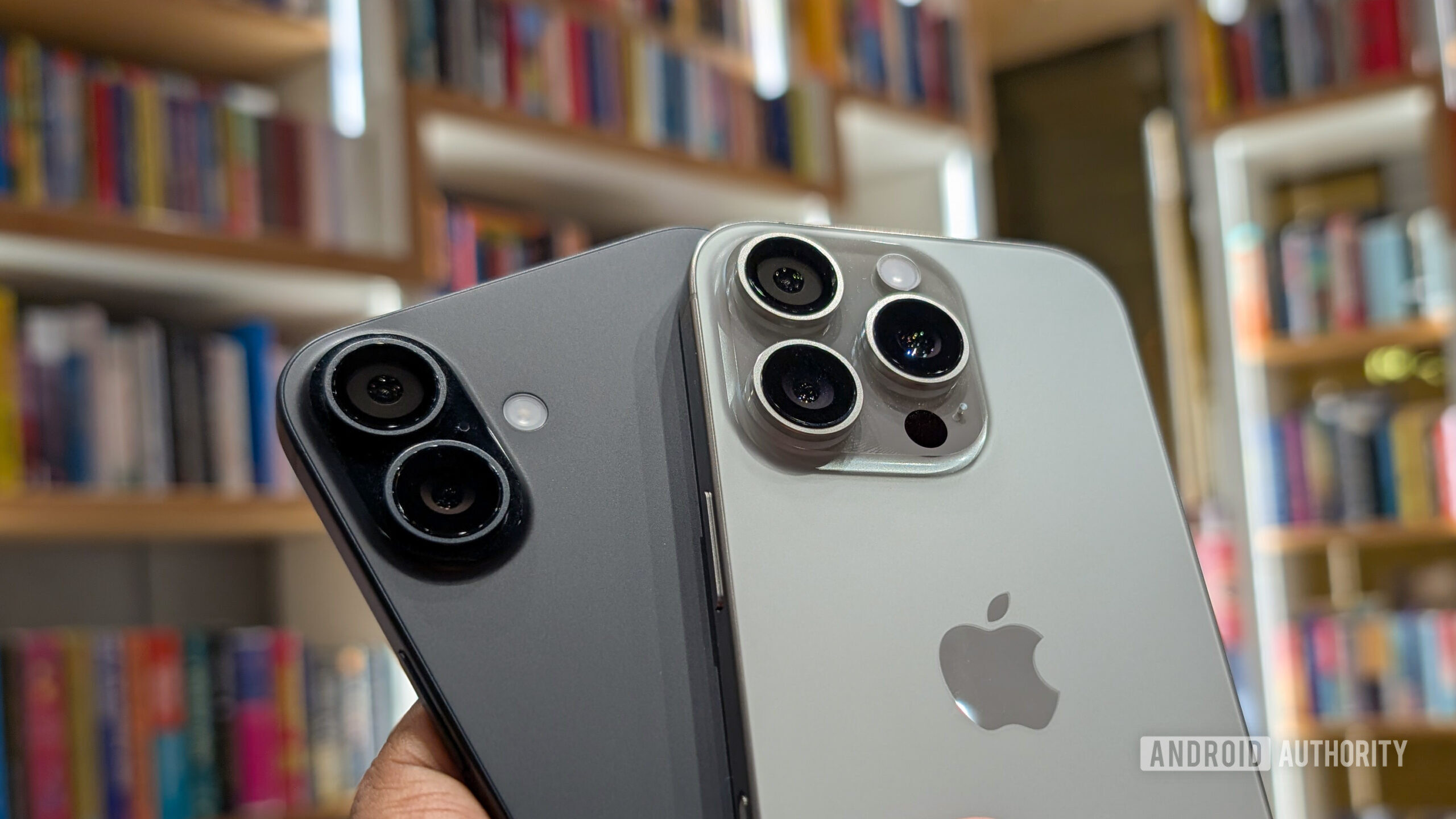
Ming-Chi Kuo mentioned in January 2024 that the iPhone 17’s front camera will be upgraded to a 24MP/6P lens, compared to the 12MP/5P lens of the iPhone 16 series. Jeff Pu corroborated the report, reiterating that all four iPhone 17 models will feature a 24MP front camera.
Moving to the back, Kuo says that Apple plans to increase the resolution of the tetraprism (periscope zoom) camera from 12MP to 48MP, but only on the iPhone 17 Pro Max. This should significantly enhance the outputted image quality, even when using the (cropped) digital zoom. It would also mark it as the first time that the Pro Max has all 48MP rear cameras, and even a bumped up 24MP front camera, making it the most advanced camera hardware on an iPhone by a good margin.
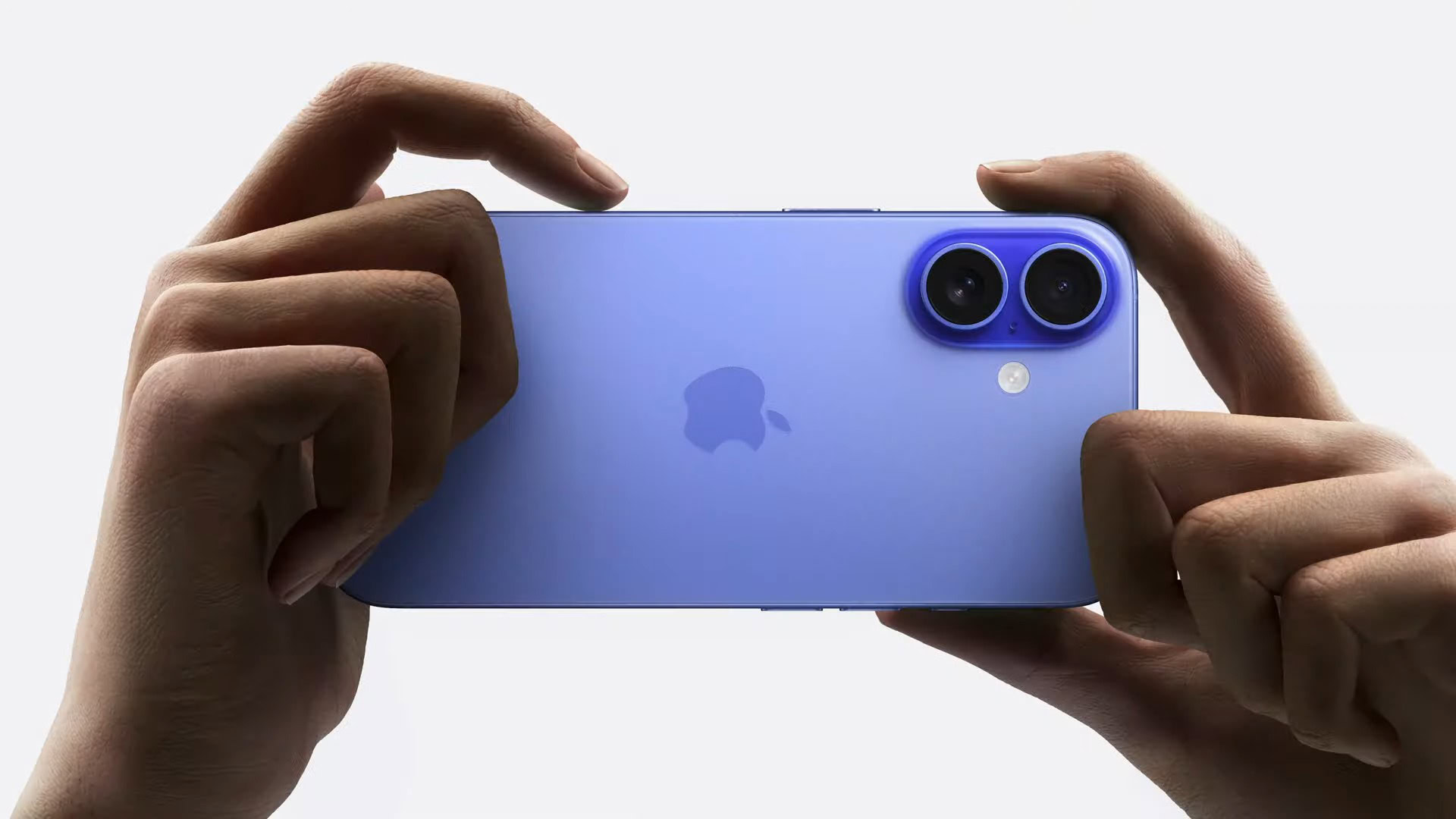
A report from The Information claims that Apple could incorporate a mechanically controlled variable aperture system into one of the iPhone 17 models. It’s not clear which model this would be on. It is also unclear if Apple will implement a simple toggle between two or more preset apertures or go for a more advanced, step-less aperture adjustment similar to the Xiaomi 14 Ultra.
If you were hoping it would be the slim variant that has these camera improvements, you’d be disappointed. Kuo mentions that the iPhone 17 Air will come with a single wide camera on the back.
What might the iPhone 17 price be?
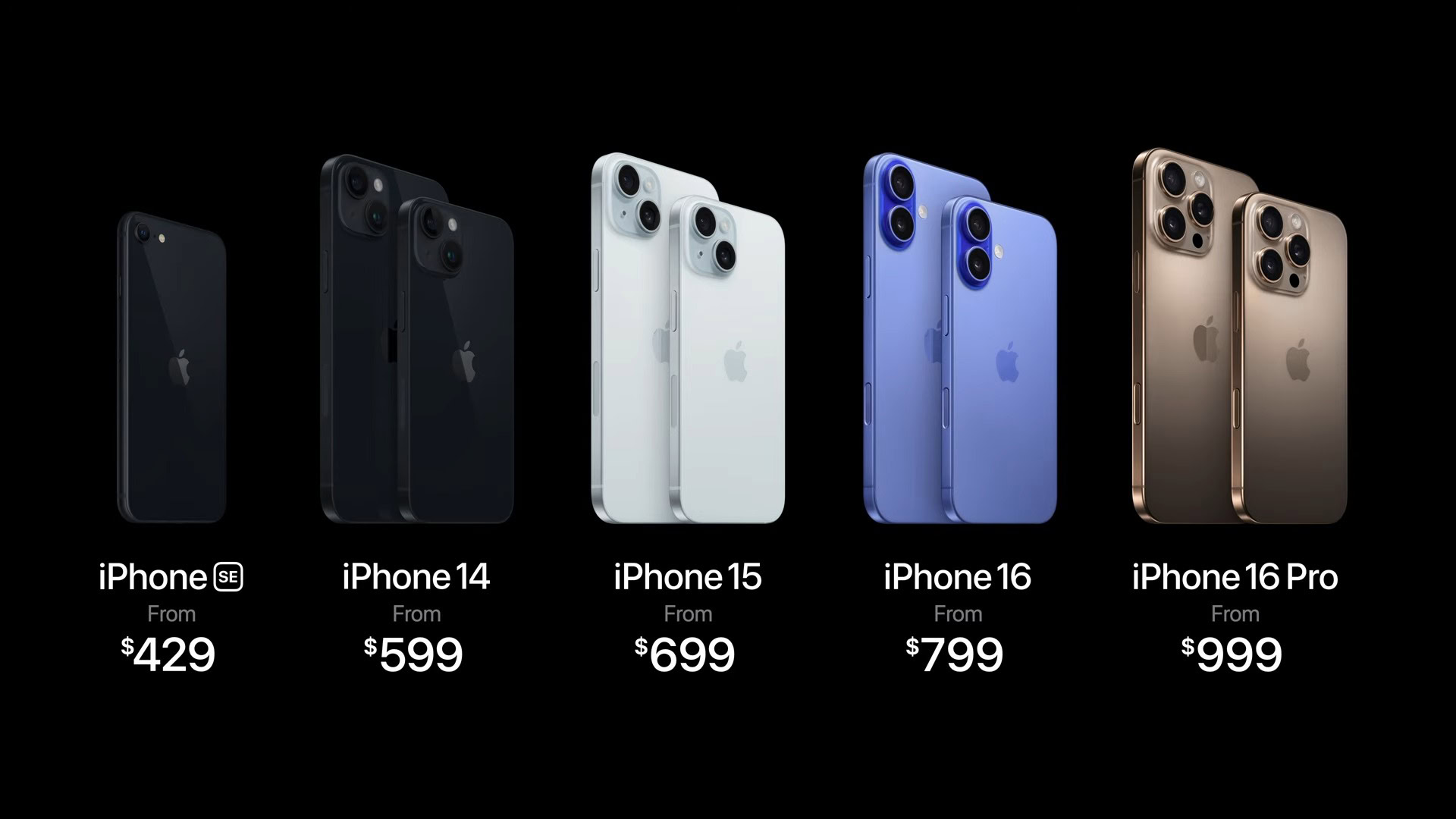
- iPhone 16 series — Starts at $829
- iPhone 15 series — Starts at $829
- iPhone 14 series — Starts at $829
Apple has done an incredible job keeping the starting price of the iPhone lineup fixed at $829. Apple advertises a starting price of $799, but that is after a $30 activation discount on select carriers.
Even for the Pro iPhone, Apple has largely kept prices fixed, starting at $999 for the Pro iPhone at 128GB. The only change here is that the iPhone 15 Pro Max jumped up storage models to start at $1,199 for the 256GB variant, whereas previous models, like the iPhone 14 Pro Max, cost $1,099 for the 128GB variant.
At the moment, we have not heard of any price rumors for the iPhone 17 series.
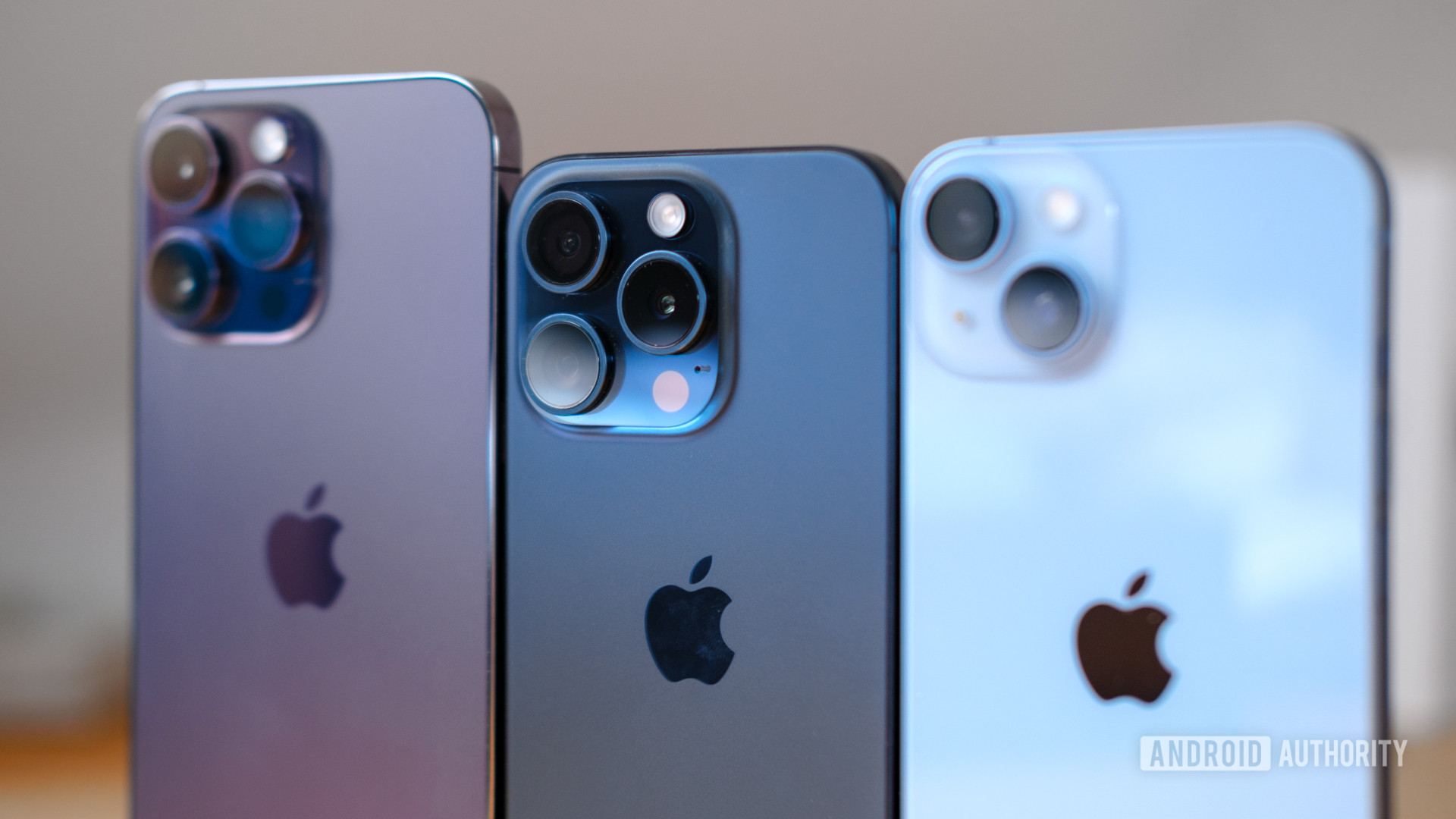
Apple has absorbed the increased cost of production for several years now, so we wouldn’t be surprised if the company decided to give the lineup a slight bump in prices. On the other hand, raising the prices of the base iPhones would put off many people, and Apple has a better chance of monetizing other Apple services for which the iPhone serves as a vehicle. The company could decide on a price increase for the Pro models only, citing the advancements in tech that the Pro models usually carry.
At the same time, if you are hoping for a reduction in iPhone prices, don’t hold your breath. There is little incentive for Apple to reduce its prices. The company keeps its older base iPhones around at reduced prices when the newest iPhone launches, so you can pick one of those up if you are on a tighter budget. You can also explore your options with Android flagships or budget Android devices if you are open to making a switch.
Should you wait for the iPhone 17?
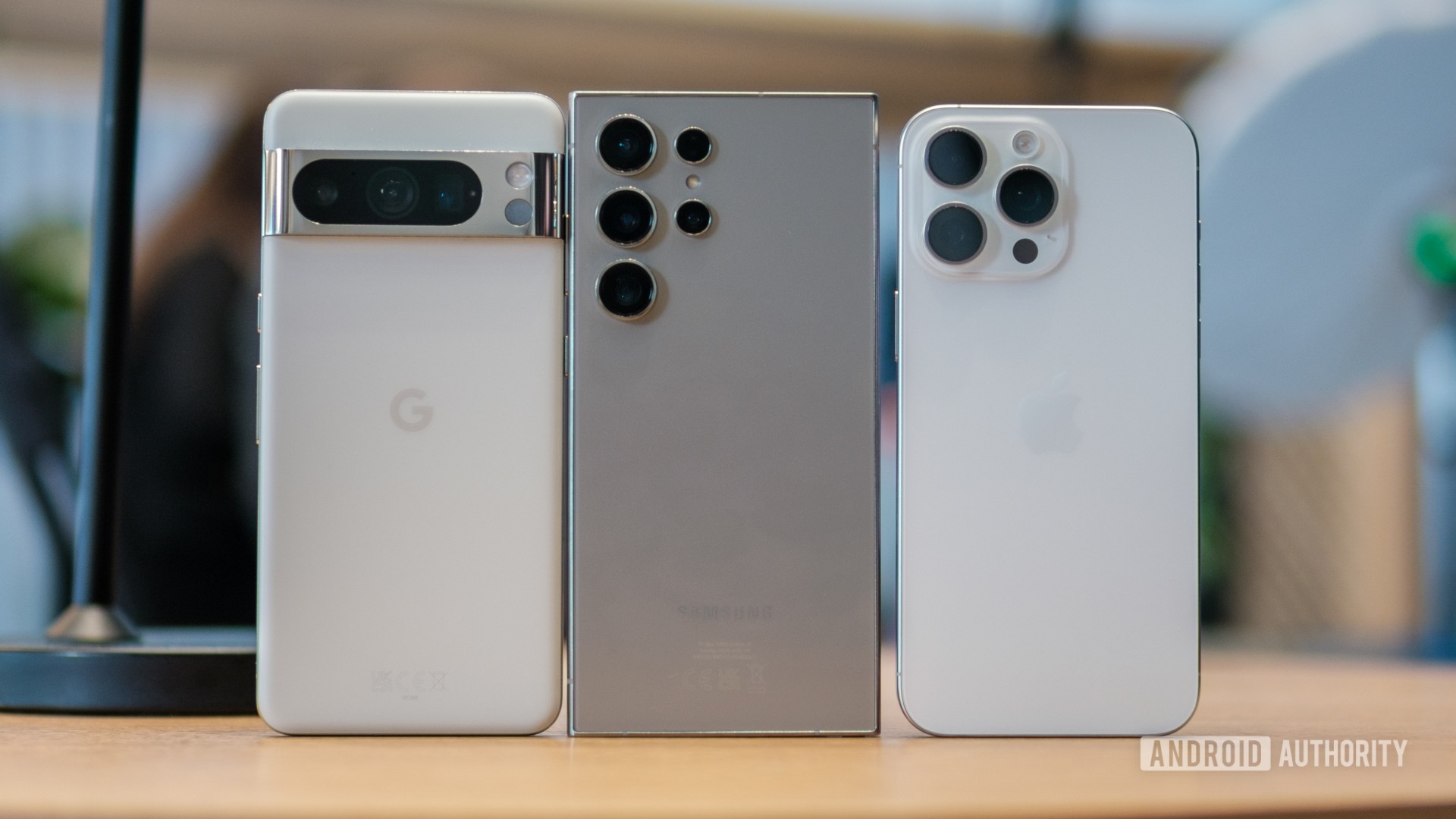
The story with iPhones is always the same: the current iPhones are the best iPhones right now. It makes sense to buy the phone that is currently available rather than wait for something better in the future because there will always be a better phone coming. Broadly speaking, you shouldn’t wait for the iPhone 17 if you need a smartphone right away.
The iPhone 16 ($799 at Amazon) is a very strong performer. However, the presence of a 60Hz display is the big downside, and the upgrade to 120Hz on the iPhone 17 is a good reason to hold off on upgrading if your current phone will last until then. Though, if you want the iPhone 16 Plus ($929.99 at Amazon), you should get it now since Apple won’t release a Plus variant in 2025.
In a similar vein, the iPhone 16 Pro ($999 at Amazon) is a good upgrade over last year’s iPhone, and the iPhone 17 Pro doesn’t seem like it will reinvent the wheel. So going for the 16 Pro right now makes a lot of sense. However, the iPhone 17 Pro Max is shaping up to be a bigger upgrade next year, and the gap between the Pro and Pro Max will widen once again. In that context, it makes some sense to skip the iPhone 16 Pro Max ($1199 at Amazon) and wait for the iPhone 17 Pro Max, though it will still very much remain an incremental update.
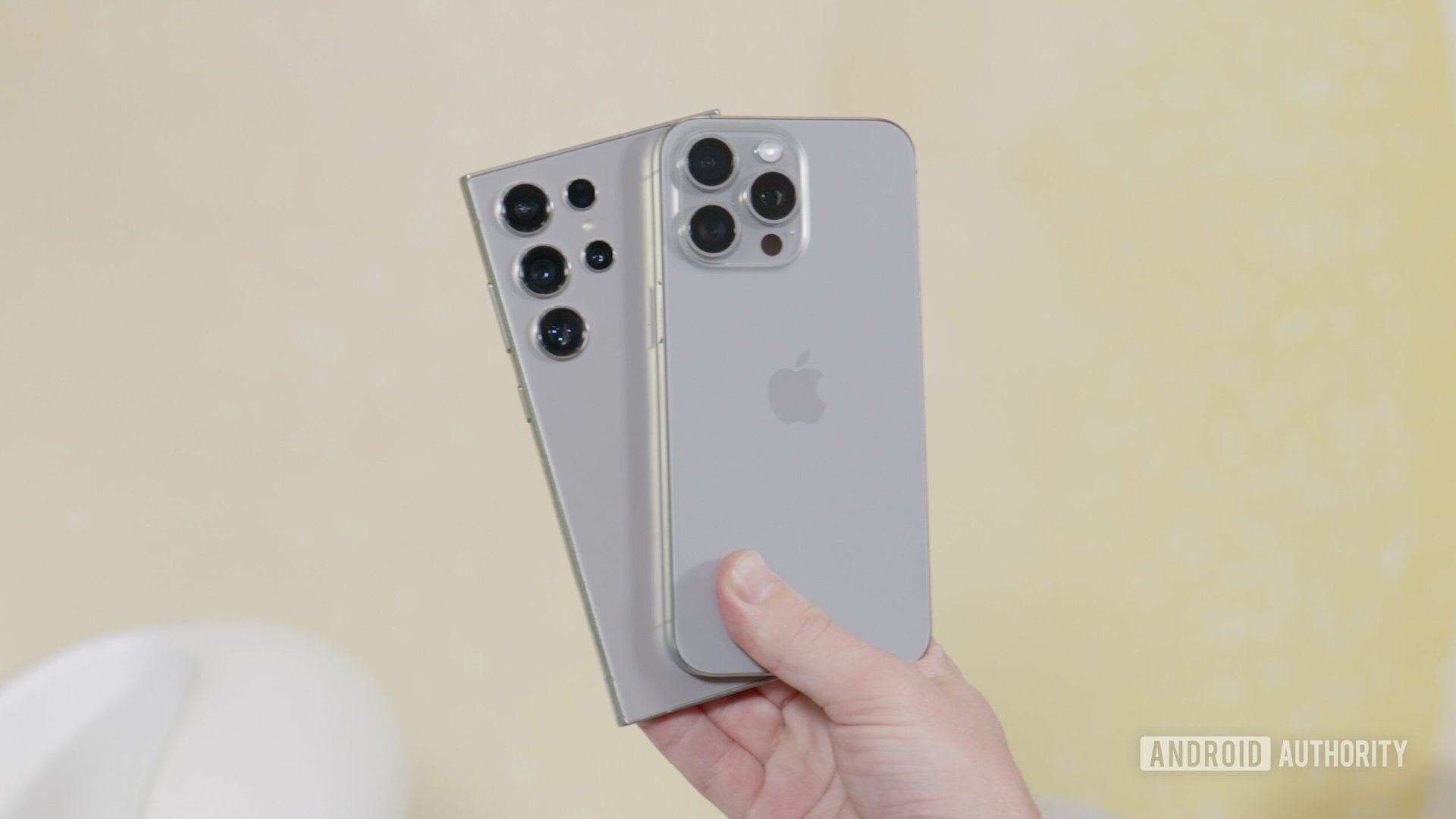
Beyond the iPhones, Google also has the Pixel 9 series, which is the closest competitor to the iPhone ever. If the iPhone 16 series doesn’t look exciting to you, you can take a look at the Pixel 9 ($799 at Amazon) as an iPhone 16 competitor, the Pixel 9 Pro ($849 at Amazon) as an iPhone 16 Pro competitor, and the Pixel 9 Pro XL ($949 at Amazon) as an iPhone 16 Pro Max competitor.
If you want a stronger ecosystem pull, the Galaxy S24 series is also a great recommendation. The Galaxy S24 Ultra ($1419.99 at Amazon) serves as an Ultra flagship that competes strongly against the iPhone 16 Pro Max, while the Galaxy S24 Plus ($1119.99 at Amazon) and Galaxy S24 ($859.99 at Amazon) compete well against lower devices.
